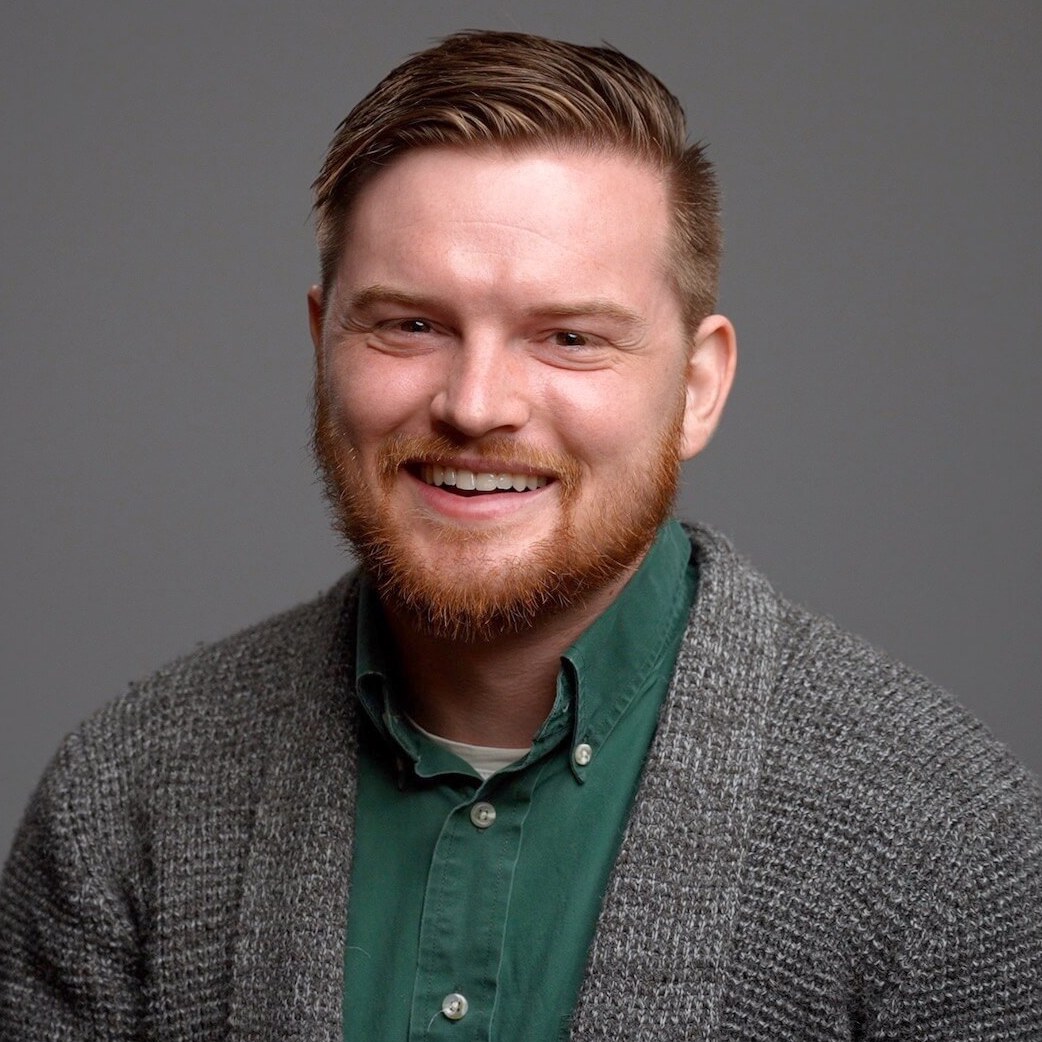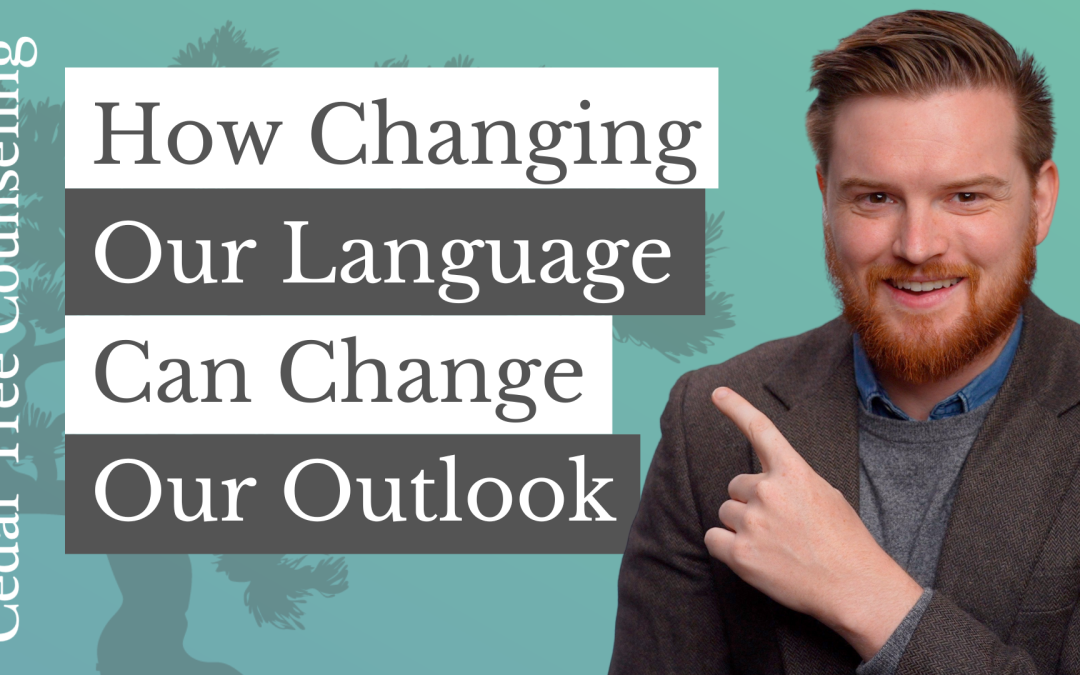Oftentimes, the way we describe our problems to other people is an indicator of how we see the world and ourselves.
A common adage to identify yourself to people is a “glass half full” or a “glass half empty” person. The way we communicate shows how we think.
In this video I’m going to share how changing our language can change our outlook.
The language we use when describing things creates an association between things in our brain, and this association primes the brain to see the world a certain way. But the way we communicate can also change how we think.
When we start to notice how we see our life and the events around us, we can change how we see the world and who we are.
For example – “Never” or “Always” are two big phrases that we use. “I ALWAYS fail” or “You NEVER talk to me”. Those can make reality overwhelming, and frame something as a big problem, maybe even too big to solve. Listen to this
“I always fail at everything.” vs. “I didn’t do as well as I wanted to on this.”
Those are pretty different. We can change the way we see ourselves and others just by changing our language. And while it sounds simple, it might take more work than we think. We say hundreds of things every day that contribute to the story we tell ourselves about who we are and what the world we live in is like. But by changing our language, we can change our life.
So, how do we start to do this?
Pay Attention to What You Pay Attention To
First, pay attention to what you pay attention to. What pops up the most often in your conversations? Are there stories or situations you keep focusing on? What is the content of the stories?
What words, phrases, or stories do you repeat? How do they frame the life you’re living? Paying attention to what we focus on helps us discover various “stories” we tell ourselves about our life and relationships.
Look For Exceptions to Those Stories
Second, Look for times where there are exceptions to those stories. For example, consider the phrase “I am not smart” as our story. Are there any exceptions to that phrase? Any time we did have the answer? Or got a degree or certification? Or a job?
When were you able to help somebody figure out a problem they had? When have people asked you for your opinion because they trust your judgment? Looking for exceptions to our stories helps us see that we’re not stuck in them, and there may be a lot of other ways to see the events in our lives.
Change Your Language
Finally, after paying attention and finding exceptions, start to change your language when you see those stories popping up. Let’s go back to our phrase, “I am not smart.” That’s an absolute statement. If we change the language to “I know a lot about history, but not as much about science.” That phrase creates a more accurate story about your intelligence.
Most of the time we’ve been passively creating a story for years, and when we recognize it and start to change it intentionally, it can take a long time to tell ourselves new stories.
If you feel like you need direction or support during whatever season of your story you find yourself in, contact us at Cedar Tree. There’s hope and healing available here for you to build a new story and future.

Noah Throw
Children, Teens, & Couples
I work with couples, teens, and families to work through the fears and insecurities that get in the way of having meaningful relationships.
Choose A Topic!
Cedar Tree's Mission:
There are a lot of broken families who struggle to do life well together.
That’s why we help families create an environment where deeper connection & healing can happen.
GENEVA OFFICE
2172 Blackberry Drive, Suite 202
Geneva, IL 60134
(630) 797-9872
*By Appointment Only*
HINSDALE OFFICE
15 Spinning Wheel, Suite 125
Hinsdale, IL 60521
(630) 797-9872
*By Appointment Only*


